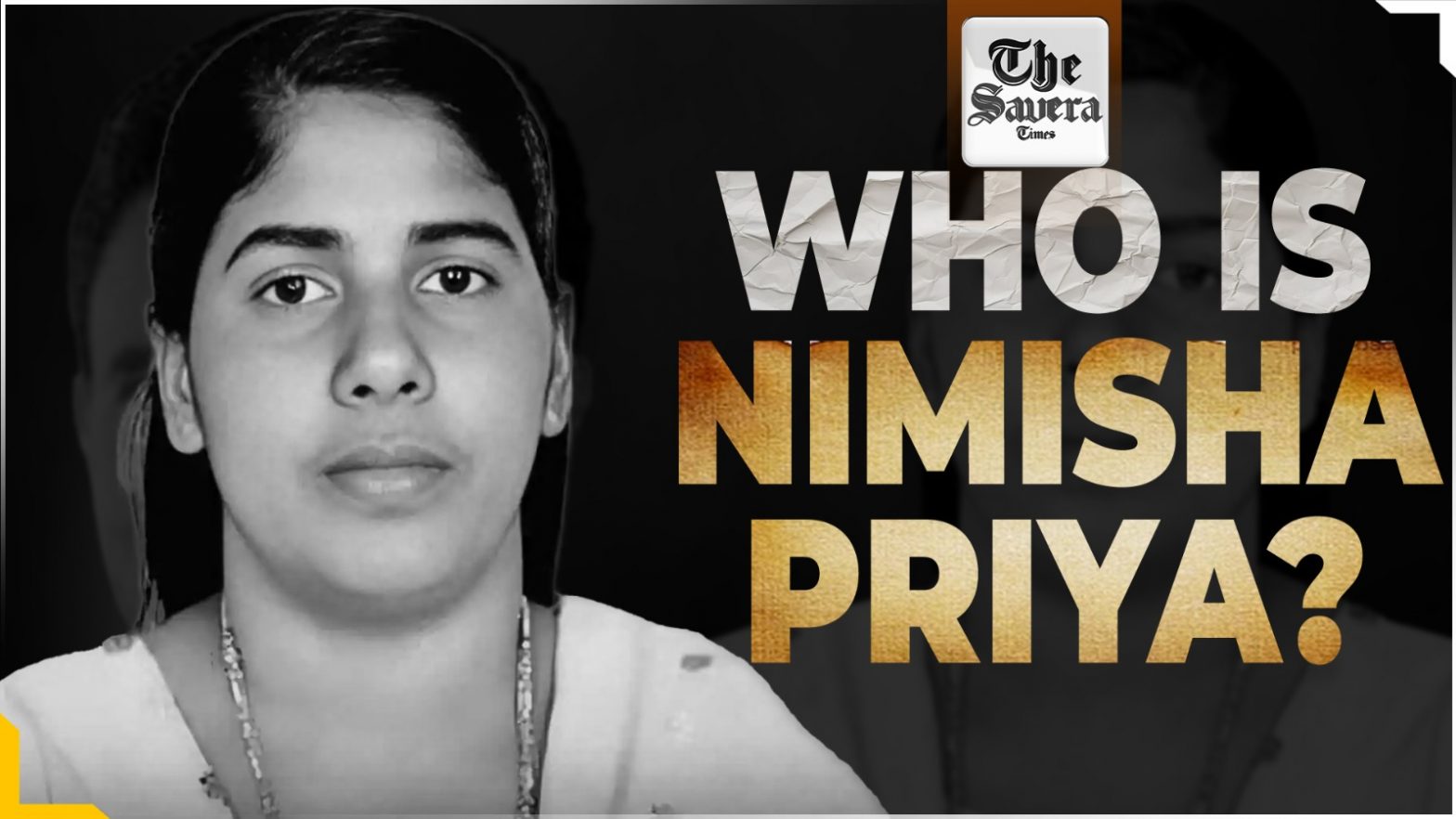
A heartbreaking story from Yemen has captured the attention of Indians across the globe. On July 16, 2025, Nimisha Priya, a 38-year-old nurse from Kerala, is scheduled to be executed for the 2017 murder of a Yemeni man. Her case has sparked a wave of emotional appeals on social media, with hashtags like #SaveNimishaPriya trending widely. Many are calling for justice, mercy, and a reconsideration of her case, while highlighting the dangers faced by Indian migrant workers abroad.
Who is Nimisha Priya?
Nimisha Priya hails from Kollengode in Kerala’s Palakkad district. Born into a humble family of daily-wage labourers, she pursued nursing to uplift her family’s economic situation. In 2008, she moved to Yemen with her husband Tomy Thomas and their infant daughter Michele. She initially worked in hospitals in Sana’a, the capital, before starting her own clinic in 2015.
Due to local laws that require foreign nationals to have a Yemeni partner for such ventures, Nimisha entered into a business partnership with Talal Abdo Mehdi, a Yemeni national. In 2014, her husband and daughter returned to India amid growing tensions from the Yemeni civil war, but Nimisha remained behind to run the clinic and continue supporting her family.
What Went Wrong?
The partnership between Nimisha and Mehdi soon soured. According to her family and supporters:
These allegations became the cornerstone of her legal defence, which painted her as a victim of coercion and abuse, rather than a cold-blooded killer.
The Crime and Conviction
In July 2017, Nimisha attempted to retrieve her passport by sedating Mehdi. The sedatives proved fatal. What followed was a desperate and gruesome attempt to hide the death:
In 2018, a trial court in Sana’a found her guilty of murder. By 2020, she was sentenced to death. Her appeals were rejected, and in November 2023, Yemen’s Supreme Judicial Council upheld the verdict. In 2024, President Rashad al-Alimi reportedly approved the execution.
Legal and Diplomatic Challenges
Nimisha’s case is being handled under Yemen’s Houthi-controlled judicial system in Sana’a. This complicates diplomatic efforts as India does not have formal ties with the Houthis, who control large parts of northern Yemen.
Under Yemeni law, murder is punishable by death, but there exists an alternative path through Islamic law’s “diyat” provision, where the victim’s family can accept financial compensation in exchange for sparing the convict’s life.
The Push for Diya and Clemency
Efforts to save Nimisha are now focused on securing a pardon through diya.
One of the key figures in this campaign is human rights activist Samuel Jerome Bhaskaran, who remains cautiously optimistic. He is preparing to return to Yemen for renewed talks, hoping to influence local leaders and the victim’s family.
Indian Government’s Role
The Indian Ministry of External Affairs (MEA) has been involved since 2018. However, the lack of diplomatic relations with the Houthis has severely limited India’s ability to intervene directly. Political leaders have also stepped in:
A Family in Anguish
The emotional toll on Nimisha’s family is immense:
Broader Questions and Global Outcry
Nimisha Priya’s case shines a spotlight on the vulnerabilities of Indian migrant workers, especially in conflict-ridden countries. Her story is not just about one woman’s fate—it has become a symbol of the need for:
As the clock ticks down to July 16, the nation watches anxiously. The global outcry continues, with people, politicians, and rights activists calling for clemency, praying that Nimisha’s life can still be saved.
